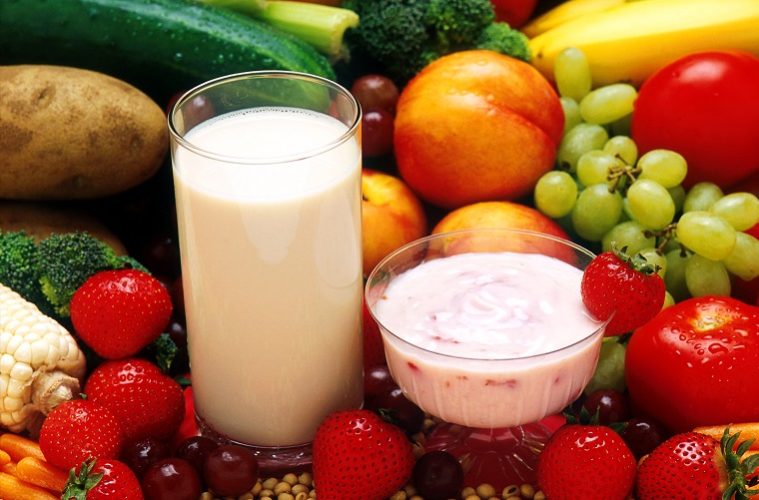Optimum nutrition is essential for mental health, according to Food for the Brain. This charitable foundation is working to inform people about how diet and lifestyle can enable greater control of mental health, and empower them to make positive changes.
The charity runs a not-for-profit clinic, the Brian Bio Centre, which helps people to identify nutritional, dietary and lifestyle recommendations to assist the management of existing mental health conditions.
Nutrition, it claims, can help with a range of conditions, from autism to schizophrenia. The links between ADHD and hyperactivity, and blood sugar levels, vitamin deficiencies and food allergies is well documented. It’s well known that caffeine overload can exacerbate insomnia and the benefits of omega 3 for students is a regular marketing refrain for fish fingers and food supplements.
Dementia and Alzheimer’s are conditions commonly associated with older age, but early-onset of these diseases can affect people in their 40s. Vitamin B deficiency has been linked to impaired cognitive function, and increased levels of B6, B12 and folic acid are recommended to prevent, and slow, symptoms.
Oily fish such as mackerel, kippers, trout or salmon, are rich with omega 3 fish oils. Flax seeds and pumpkin seeds, and good quality eggs will also benefit anyone following this diet.
Avoid or limit fried foods and foods rich in mercury, such as tuna
Another “age-related” disease, Parkinson’s, can lead to digestive disruption resulting in constipation. Daily portions of fruits and non-starchy vegetables in an array of colours are recommended – at least seven portions – organic if possible and are best lightly cooked or raw.
Every meal should contain protein – fish, eggs and chicken, for example – and sugar, refined carbohydrates and stimulants such as caffeine and alcohol, avoided. Probiotic supplements can help support a healthy gut if digestive symptoms are present.
Vitamins B and D levels, magnesium-rich foods and omega-3 are also recommended to manage the disease.
Children’s brains need the right nutrients to maintain healthy development, and their diet directly affects their ability to learn, grow, sleep – and it makes their behaviour more manageable too! If your child has been showing any signs of behavioural issues, you may benefit from reaching out to the mental health professionals at BetterHelp.
The charity offers information and advice on how to encourage smart kids, introducing children to the wonderful tastes and textures of food while promoting healthy eating habits and positive food choices for later life.
It’s said we are what we eat. Food for the Brain can provide you with the tools to ensure that what you eat is good for your mental health. Find out more here.





